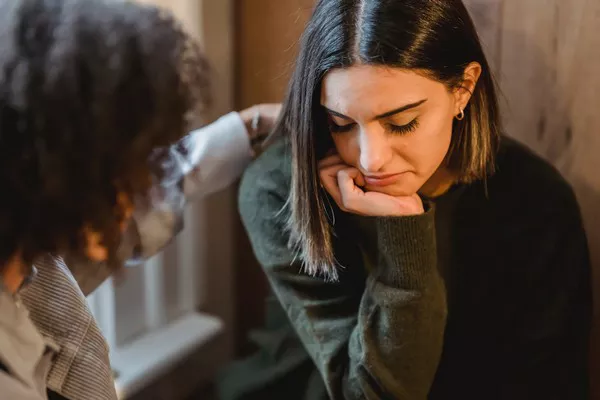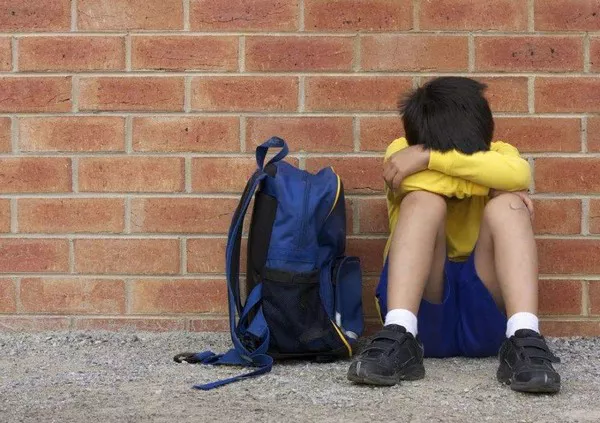Groundbreaking research from the University of California, Berkeley is challenging conventional wisdom about relationship endings by revealing that the dissolution of adult friendships often causes more prolonged psychological distress than romantic breakups. The longitudinal study followed 1,200 adults for three years, tracking their emotional responses to various relationship transitions, with surprising results.
While romantic breakups initially caused more acute pain, friendship breakups tended to result in longer-lasting feelings of grief, confusion, and identity disruption. “With romantic partners, there are clear scripts for breaking up and societal support for the process,” explains lead researcher Dr. Maya Chen. “But when a close friendship ends, especially in adulthood, people often suffer in silence, without rituals or language to process the loss.”
The study identified several unique challenges of friendship breakups. Unlike romantic relationships which often have clear “markers” of status, friendships frequently end through gradual drifting apart, leaving individuals uncertain about where they stand. Adult friendships also tend to be deeply intertwined with self-concept, particularly for single individuals or those in non-traditional family structures. “My friends weren’t just people I liked – they were my chosen family,” shared one participant. “Losing them felt like losing part of myself.”
Researchers also uncovered gender differences in friendship dissolution. Women reported more distress over losing same-gender friendships, while men experienced particular difficulty when friendships ended due to life transitions like marriage or parenthood. The study’s most practical finding was that individuals who engaged in “friendship closure rituals” – even self-created ones like writing goodbye letters or holding private ceremonies – recovered more quickly from the loss.
This research is sparking new interest in friendship counseling and the development of resources to help people navigate these painful but common experiences. Some therapists are adapting grief counseling techniques for friendship loss, while social platforms are experimenting with features to help friends have difficult conversations before relationships reach breaking points.
Related topics:


















